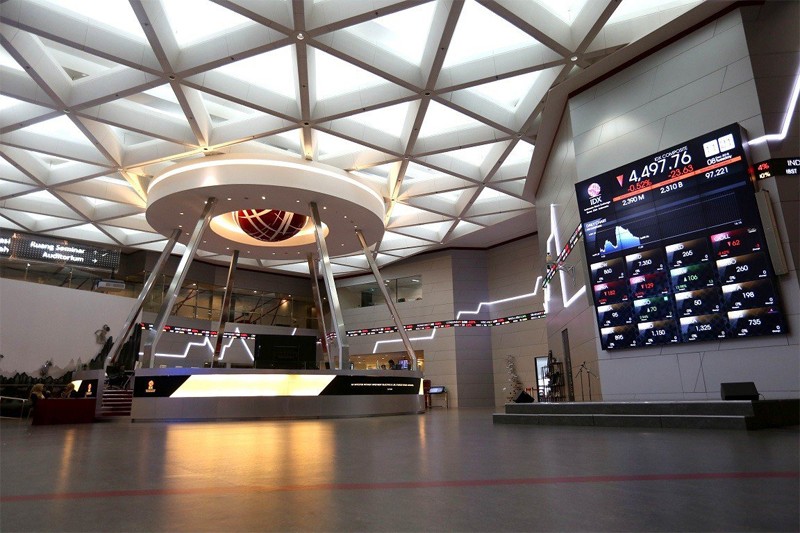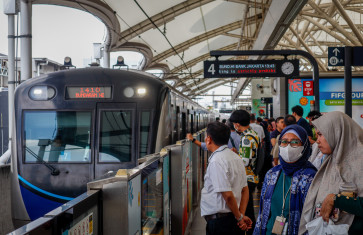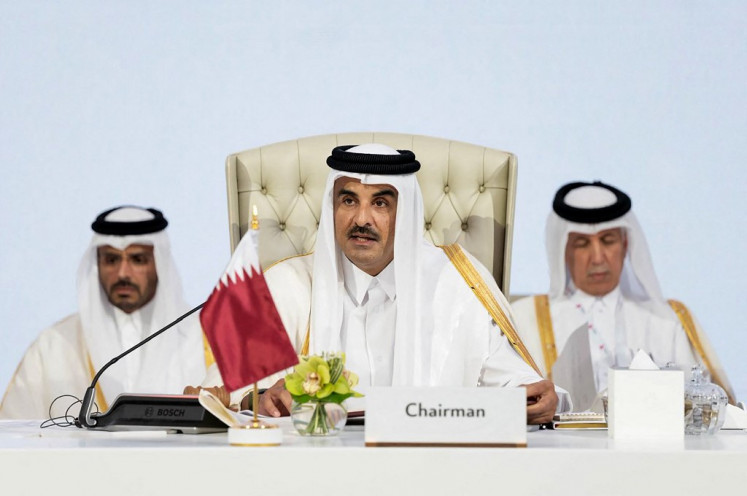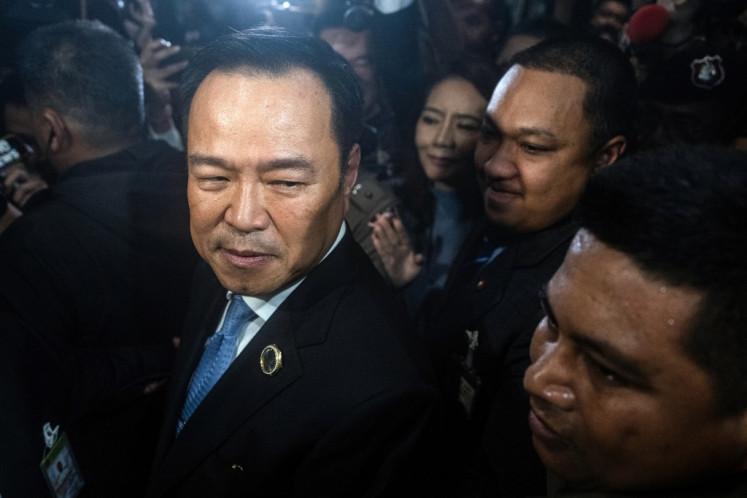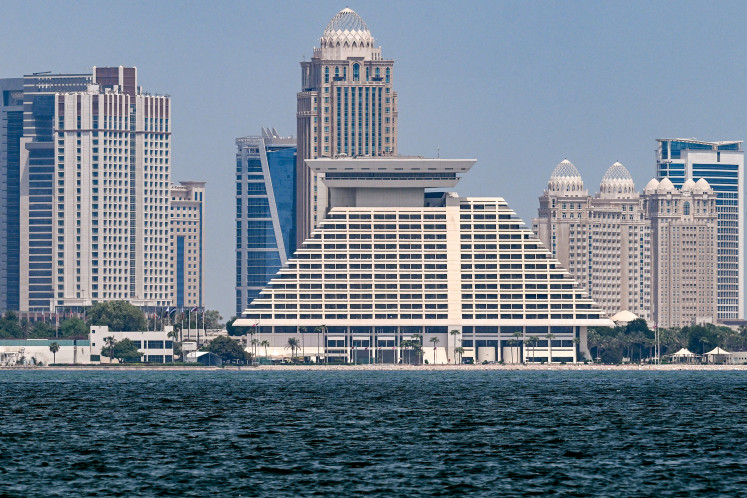Popular Reads
Top Results
Can't find what you're looking for?
View all search resultsPopular Reads
Top Results
Can't find what you're looking for?
View all search resultsPoor communication skills hamper portfolio investments: Analyst
Weak communication skills within the government has hampered the growth of portfolio investments in Indonesia, as investors choose to withdraw their funds after officials fail to convince them about the country’s economic performance, an analyst has said.
Change text size
Gift Premium Articles
to Anyone
P
oor communication skills within the government has hampered the growth of portfolio investments in Indonesia, as investors choose to withdraw their funds after officials fail to convince them about the country’s economic performance, an analyst has said.
Manulife Assets Management Hong Kong managing director Kenglin Tan recently explained that investors were afraid of Indonesia’s "twin deficit", the current-account deficit and the fiscal deficit, although they were not significant.
"Many countries have similar characteristics to Indonesia, but their stocks are performing better. I think this is about communication. Investors are not-well informed about this country," Tan said during the Commonwealth Bank Indonesia market outlook in Jakarta on Tuesday.
International Monetary Fund (IMF) data shows that countries such as India, Australia and even the United States also have current-account deficits. Meanwhile, Australia and Indonesia have similar deficits, at 1.9 percent of the gross domestic product (GDP), and India’s deficit is even higher, at 2.3 percent of GDP.
"Why is India [performing] better than Indonesia? It is because India can communicate its reforms to investors," Tan said, adding that Indian stocks had a price-to-earnings ratio (PER) of between 30 and 40.
The Jakarta Composite Index (JCI) increased by 19.99 percent to 6,355.65 in 2017, but it quickly lost its grip in the first quarter of 2018. The index has decreased by 8.91 percent to 5,744.72 as of Tuesday.
Meanwhile, the rupiah exchange rate touched a psychological level of Rp 14,000 per US dollar, becoming the second-worst performing currency in Asia after the Indian rupee. (bbn)

